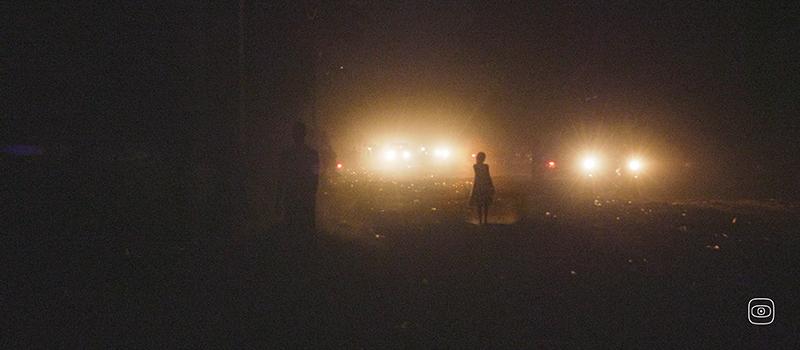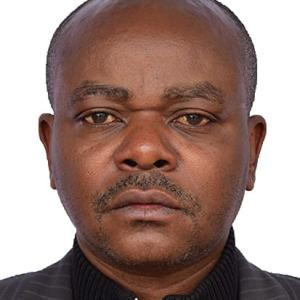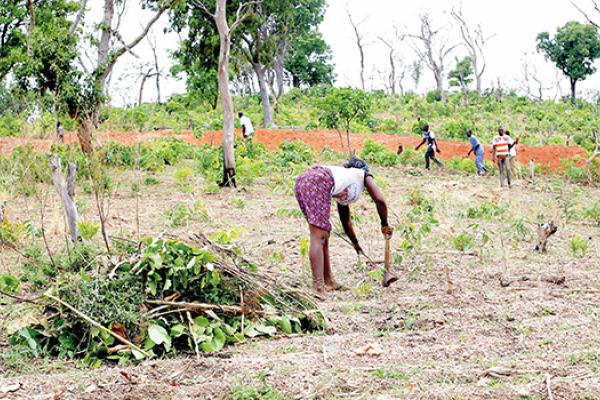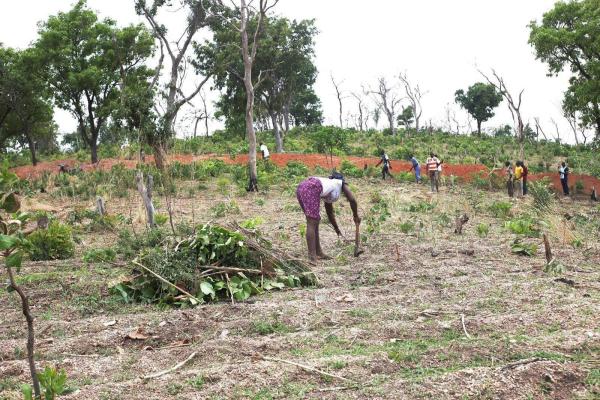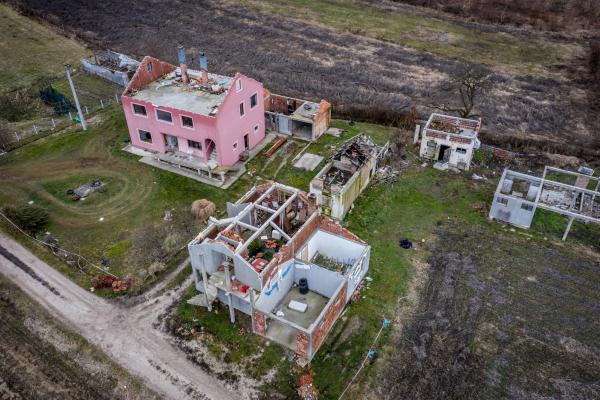Supported by the Journalismfund Europe we travelled to Manono, a town in southern DR Congo, to listen to the views of the local population about the impact of the discovery of lithium in their town. Manono's lithium pegmatite is being called one of Africa's largest lithium deposits.
Our investigation found a web of high value financial transactions for mining permits, as well as a string of legal battles between international companies vying for the right to exploit the area's lithium.
At the same time, we found that there is a deep disconnect between the bright electric future publicized by some of the mining companies and the reality of life in the town where the metals come from. The environmental and economic situation in Manono is dire. The town's infrastructure is crumbling. Much of the population relies heavily on low-paid artisanal tin and tantalum mining to survive.
Lithium mining in Manono has not yet begun. But an absence of published Environmental and Social Impact Assessments, a lack of or mis-information amongst the local population about what mining is planned where and by who, and opaque decision-making at political levels about the mines and their ownership have left the population in the dark about the potential impacts of the future mining on their their town and lives.
